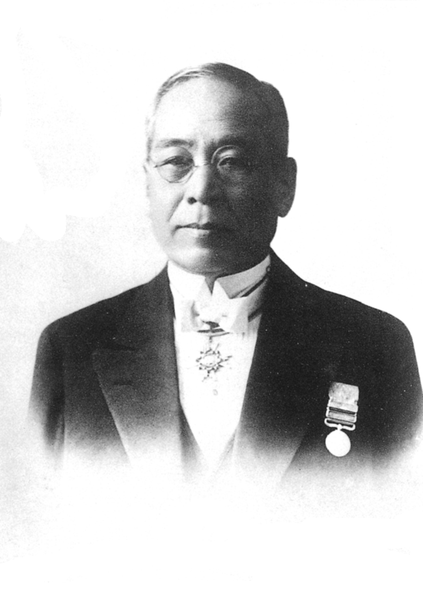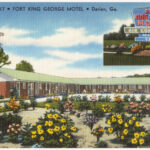Every day, entrepreneurs invest huge amounts of time and money to build a business that they think will be better than the competition. However, all too often entrepreneurs struggle to articulate how their value proposition is fundamentally different from their competition. These businesses are what I call clone businesses.
While there is room in the market for these businesses, clone businesses are just another participant in a red ocean where margins are frequently squeezed to the breaking point for all but the best-managed businesses.
Clone businesses with little differentiation from their competitors (such as janitorial companies, drywall contractors, etc.) essentially hang their success on the belief that other business owners are incompetent. They are banking on everyone around them being “worse than them” rather than being “better” in some new way.
When you are a clone business, you are a commodity, and when you are a commodity, the only real point of differentiation is your price. Price is a poor value proposition as there is always someone out there willing to undercut your price and drive themselves out of business faster than you.
To be a business that entirely transforms an industry and is truly disruptive often is not radically that different from the competition.
For instance, look at the business and economic model of a mini mill that uses recycled steel vs. iron ore. Another example is a cell phone company that uses wireless transmission vs. a landline phone company. In both of these examples, there are only a few degrees of difference from their mainstream competitors.
Other examples include Uber and Airbnb. Uber built a disruptive taxi business with the simple idea that the driver didn’t have to be a professional taxi driver. Airbnb built a powerful accommodation business on the premise that the room you stayed in didn’t have to be a hotel room. They took what had gone unquestioned and questioned it.

Toyota Motor Corporation’s Sakichi Toyoda developed a technique he called “The 5 Why’s” during the evolution of the automakers manufacturing methodologies.
Successful entrepreneurs dare to apply the 5 Why’s to various aspects of their business model to uncover the substantive few degrees of difference that will take them from the red ocean to their blue ocean.
It might be as simple as questioning your hours of operation. As I discussed in the post Hours of Operation I have always contended that there would be a business model for an oil change or auto parts business that operates late into the evening and all day on Saturday and Sunday for all us shade tree mechanics that are busy Monday thru Friday during normal working hours.
Daniel Burris, the author of “Techno Trends,” says, “The future is already invented.” What he meant by this statement is that most successful businesses simply take a practice from one industry and apply it to their own.
A good example of this principle is Airbnb. Airbnb took the existing hotel and B&B reservation system and applied it to the private home rental market. Most of the core business is the same but just has a slight tweak.
What questions can you ask that will convert your clone business to the next Uber?












